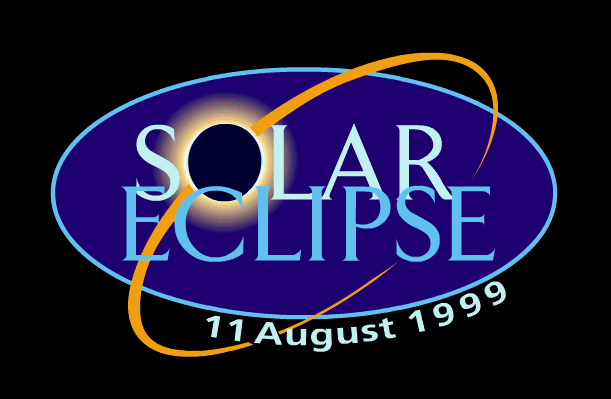 Why
do we want to know about the absorption?
Why
do we want to know about the absorption? Why
do we want to know about the absorption?
Why
do we want to know about the absorption?| Broadcasters need to know how much of their signals is going to be
lost in transit to ensure that the people can receive the transmissions
adequately.
If you monitor the strength of your received signal as we have have suggested during the eclipse , then the amount of signal increase you see during the eclipse is directly proportional to the NORMAL amounts of ionospheric absorption . This is true for both broadcasters such as the BBC as well as people attempting one-to-one communication. If you don't know how much of your signal is going to be absorbed by the atmosphere then your natural tendency is to transmitter at higher powers. Broadcasting with excessive power is inefficient and can lead to unnecessary interference across the increasingly congested airwaves. Other than a total solar eclipse there is NO OTHER CIRCUMSTANCE where you could measure atmospheric absorption without having to know every detail of the electronics and antennas at both the transmitter and receiver. sites With the measurements of absorption obtained during the eclipse,
scientists and engineers hope to have a better understanding of the nature
of the ionospheric absorption which may ultimately lead to less interference
in the future.
|